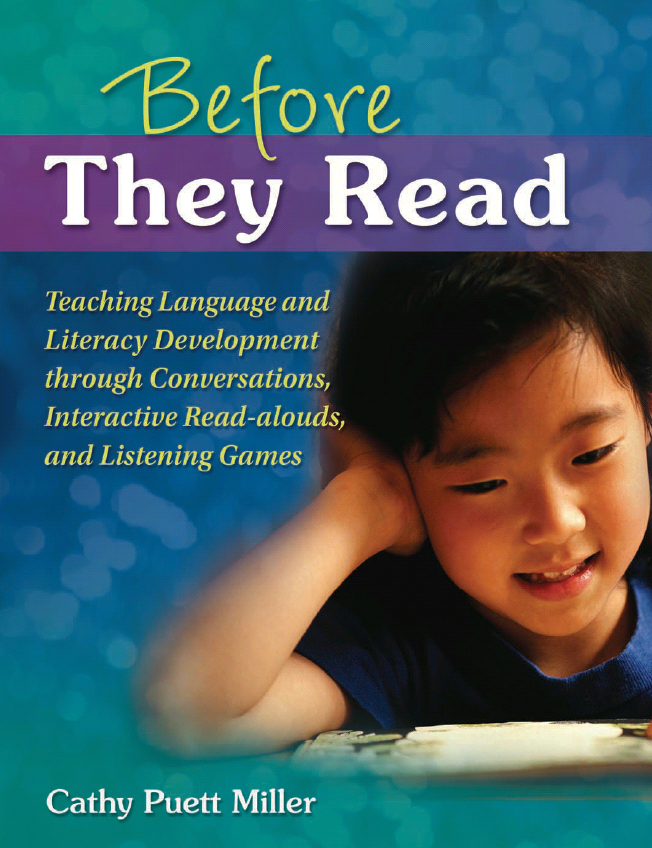 Preschool and kindergarten educators know that strong oral language skills must be in place before children can learn to read. Educators can teach those early literacy skills with engaging games and activities that are based on three big ideas for early literacy development: great conversations, good listening skills, and interactive read-alouds. Even more importantly, you can help every child move through the stages of literacy development at their own pace.
Preschool and kindergarten educators know that strong oral language skills must be in place before children can learn to read. Educators can teach those early literacy skills with engaging games and activities that are based on three big ideas for early literacy development: great conversations, good listening skills, and interactive read-alouds. Even more importantly, you can help every child move through the stages of literacy development at their own pace.
Keep in mind as you gear up to make this your best teaching year ever that young children learn holistically. The three essentials —conversations, interactive read-alouds, and listening games—mirror that holistic approach and apply whether
we are helping children with literacy, math, or social skills.
A young child learns differently. Only when the proper foundations are established through repeated and varied concrete experiences can we expect young children to grasp higher-level skills. Sitting young children at desks all day with worksheets and structured activities will end in failure. The more focus there is on problem solving
and thinking during this important time, the better prepared a child is for the academics that come next.
Grasping this important fact every day will revolutionize your teaching. You will spend less time herding and directing, trying to fit students into a mold for which they are unprepared. Instead, you’ll discover your day is full of actively engaged students immersed in true, effective learning.
Play is an important vehicle for learning. You may be surprised to hear that play is research based. In fact, play is the prime way young children develop problem-solving skills and creativity (essential skills for the 21st century and beyond). It’s not a waste of time. Make sure that when you are having staff discussions about research-based
teaching, you bring this subject up.

